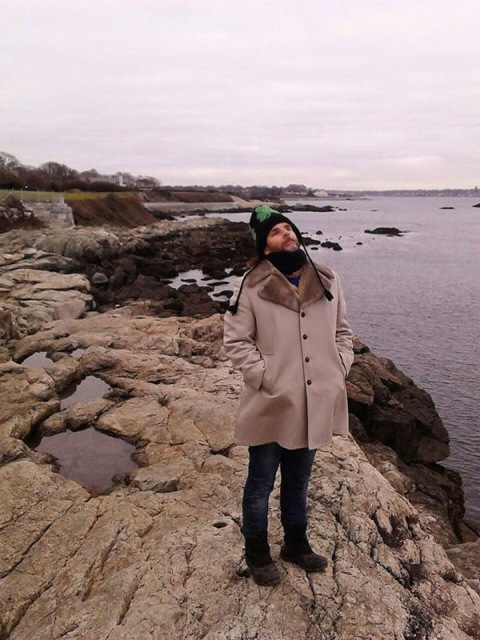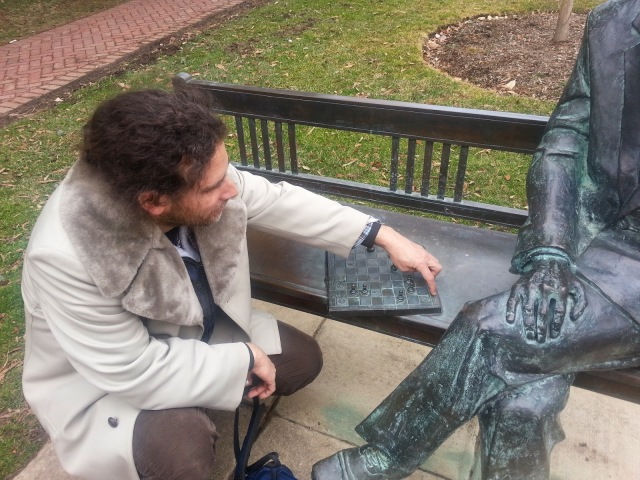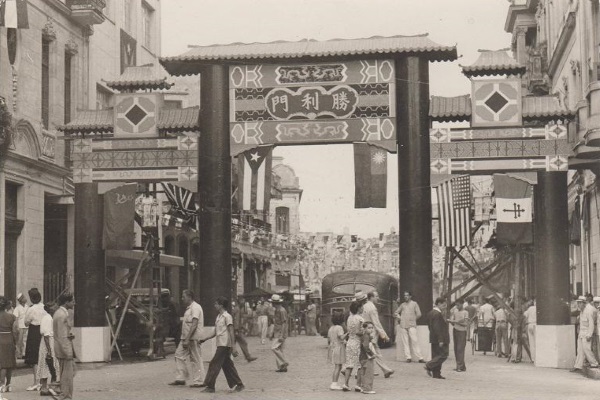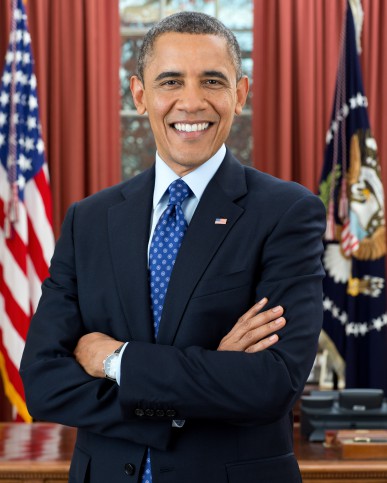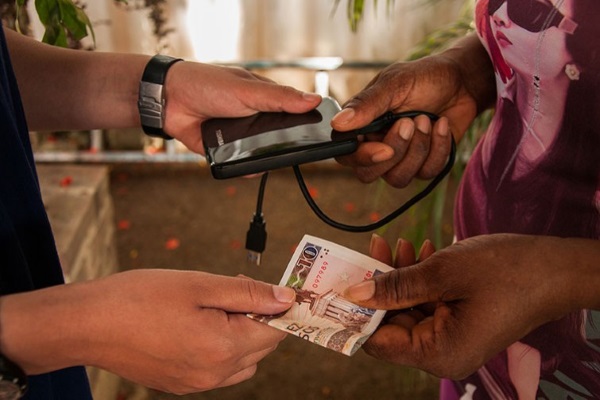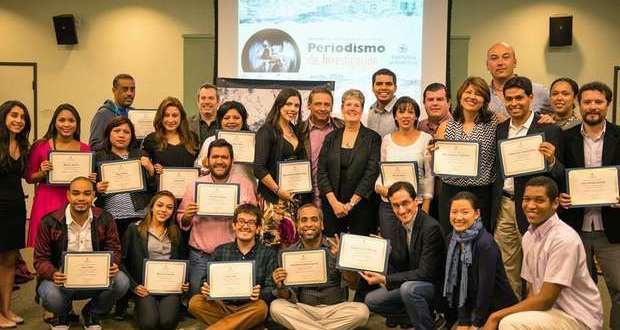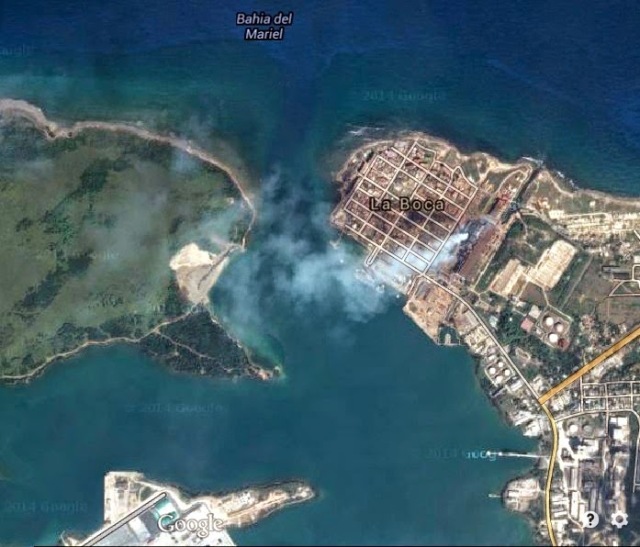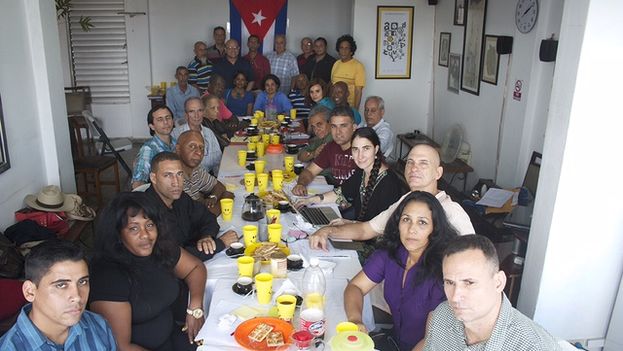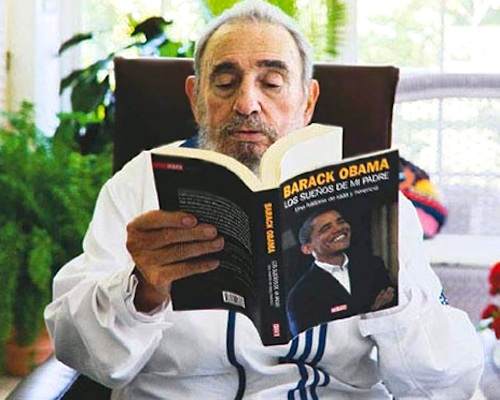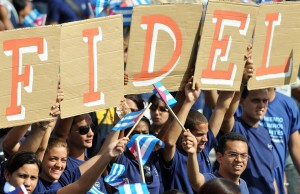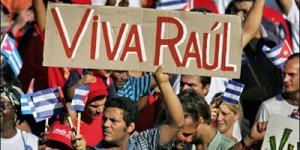Last Christmas with Fidel Castro
-Orlando Luis Pardo Lazo
December is a sad month, precious, blue-lit and dreamily silent. I was born in this month. And in this month, in a year not so distant as it now appears, I shall return to Cuba with a Nobel Prize in Literature, the first of the Cuban Nobels, which I will rub in the face of the dictatorship that we will still have in Cuba by that date, and of which prize money I will use unto my ruination to hasten our liberty.
December is over before it barely starts. It is an atemporal month, achronological, almost uchronic [imaginary], outside the calendar, at the border of that mystery which is the changing year.
We are others, and we die piece by piece every December. In fact, almost never do all of us who started out the year reach the end of it. We who gather together this month do not know if we will get to the next month a year from now. Death reaps the best among us. Every December there are fewer and fewer Cubans left. We survivors are the worst, we are the one discarded, even by the gods.
This Christmas 2014 is also our first Death Celebration* without the dictator, who died on us without ever facing justice. With Fidel deceased ** (1926-2014), all now seems easy, expeditious, unnecessary. The Revolution was a nightmare had by a few million. The memory is renewed at a vertiginous velocity. In a little while, the new Cubans will not know or be able to spell the unnameable name of Fidel Castro – which in a few months will barely resonate in the curriculum for the Prehistory of the Nation, dissolved by the virtue of apathy and the amnesia of new generations.
The death of the hegemonic one has surprised us all. He didn’t even say goodbye, the jerk, just as he didn’t announce his arrival but rather imposed it by death blows, lies and evil. Fidel Castro has gone forever from our nation and he has left us incredulous and distrustful, to the point that we prefer to pay attention to this historic milestone. We still do not believe ourselves to be alone, without the delirious despot. We will not believe it, either, when his brother Raúl Castro announces it to us, surrounded by his octogenarian military elite — perhaps on January 28, 2015, to make Fidel’s death coincide with the birth of José Martí.
But today once again is Christmas. Part of the lost country will gather together the best of its spirit on this date. Hope will cease to be a congenital illness, and the blue light of the child-god will warm our home-mangers, making them less awful, making us less perverse in being human zeroes who aspire to be human beings,*** after a half-century or half- millennium of multitudinarially murdering each other over nothing.
It is Christmas once again, my soul brothers and sisters, and in 2015 will shine the words that for centuries should have been spoken among Cuban, but which have remained buried by the string of tyrants that have brought about our unnecessary independence. Perhaps it is the season to grow closer to being a civilization of free cosmopolitans and move ourselves away from Slaveamerican barbarity.
It is Christmas, and I love you all.
Translator’s Notes:
*The author is making a play on words in Spanish, using the common name for Christmas, “Navidades” (Nativity) to contrast with the quasi-rhyming word for morbidity, “Morbilidades.”
**An alliterative play on words – deceased in Spanish is “fallecido.”
*** A play on words in Spanish – the word for “zeroes” sounds very similar to the word for “beings”
25 December 2014
